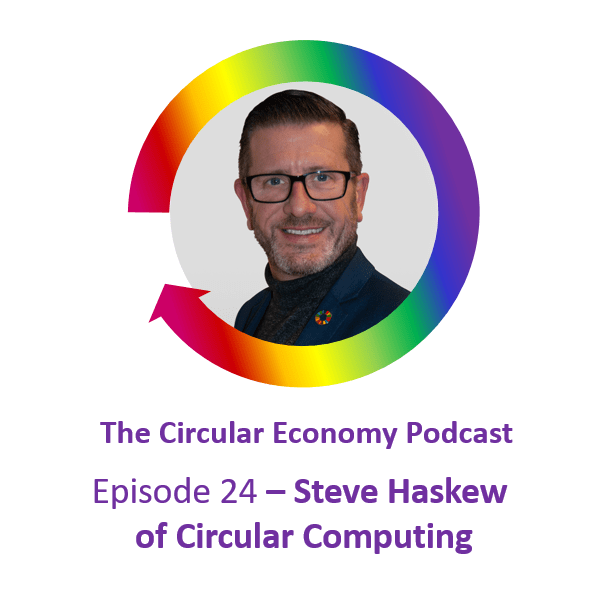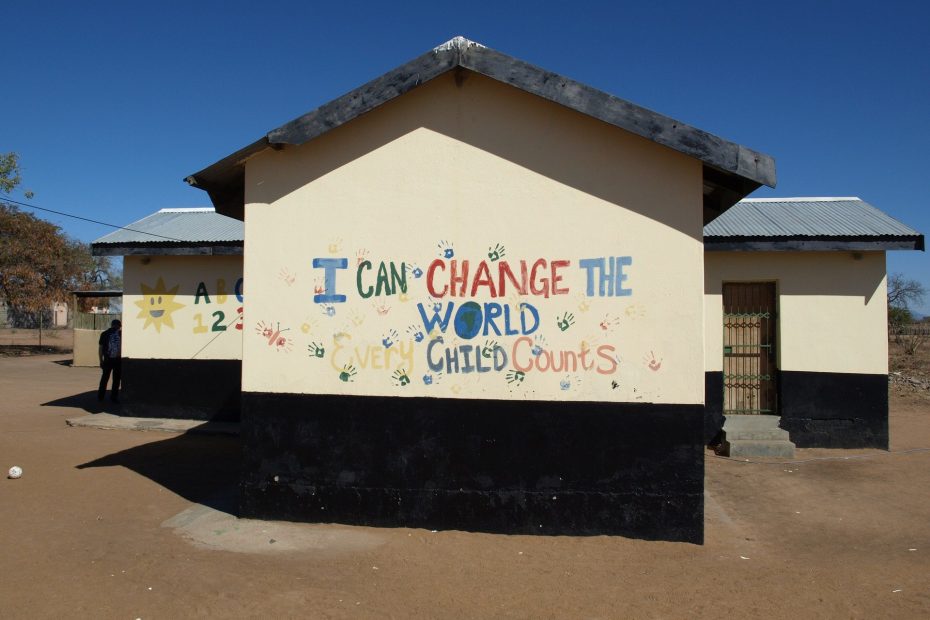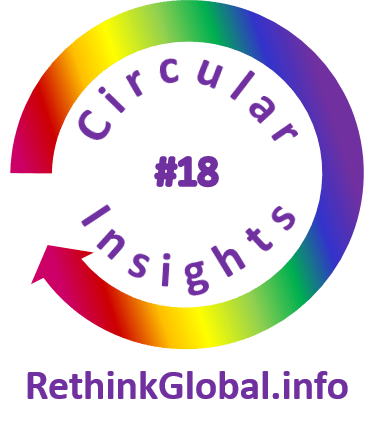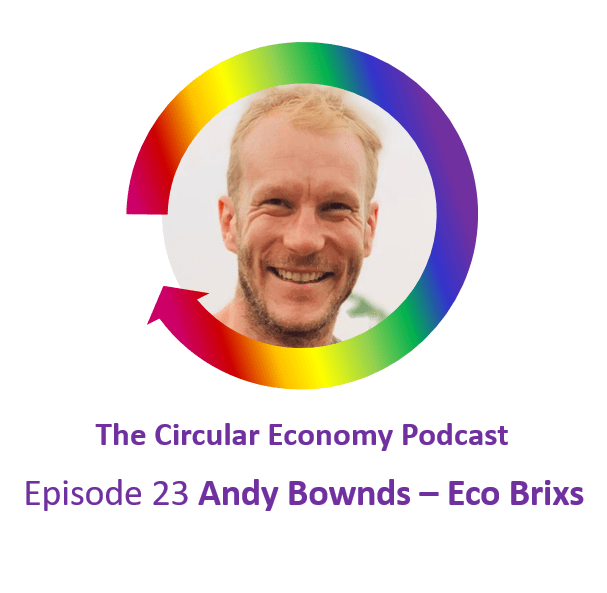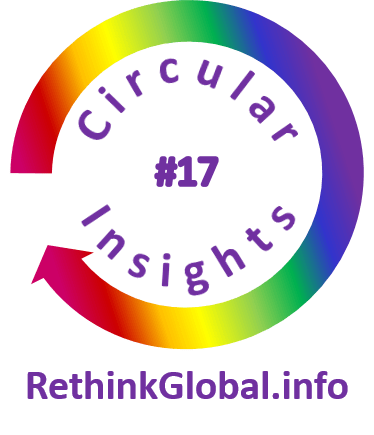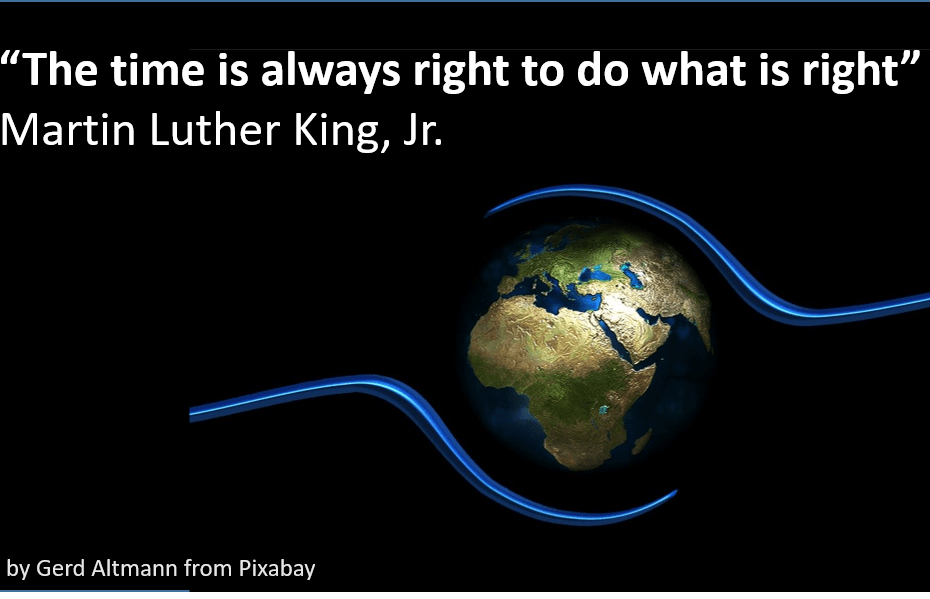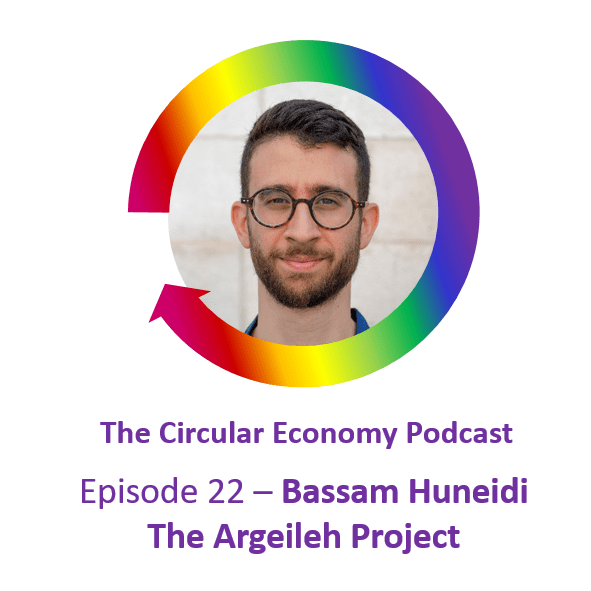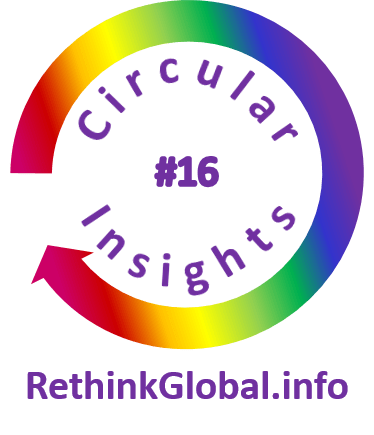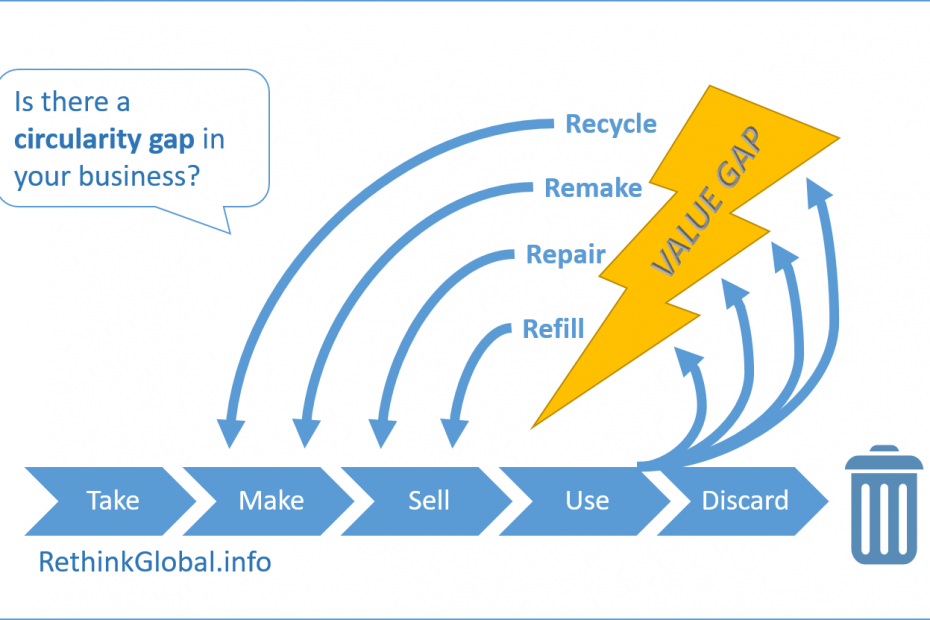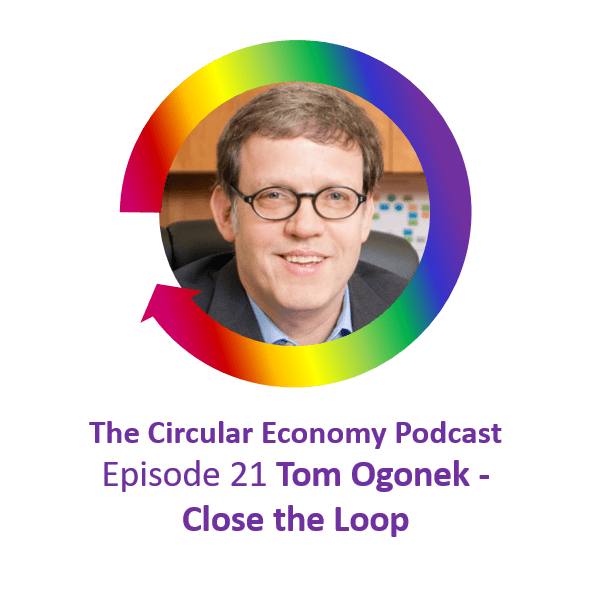Episode 24 – Steve Haskew of Circular Computing
Remanufacturing is one of the circular economy strategies that helps us keep products, components and materials ‘in the system. It means we can have high-quality, reliable products and equipment with pretty much the same performance as a new version – and costing significantly less – for the customer, society and our environment.
In today’s episode, I’m talking to Steve Haskew of Circular Computing, which remanufactures high-quality top-brand laptops, including Dell, HP and Lenovo. They are certified carbon-neutral, with performance tested as providing 97 per cent compared to a new model.
Circular Computing has been remanufacturing since the 1990s, and provides laptops to education, public sector and even direct to consumers. Every machine goes through a 100+ point-check, any worn components are replaced and selected components are upgraded to give them a performance boost.
The company now has over 250 staff and remanufacturing capacity of up to 10,000 units each month. We talk about the customer value proposition, and how remanufacturing is different to second-use products.
